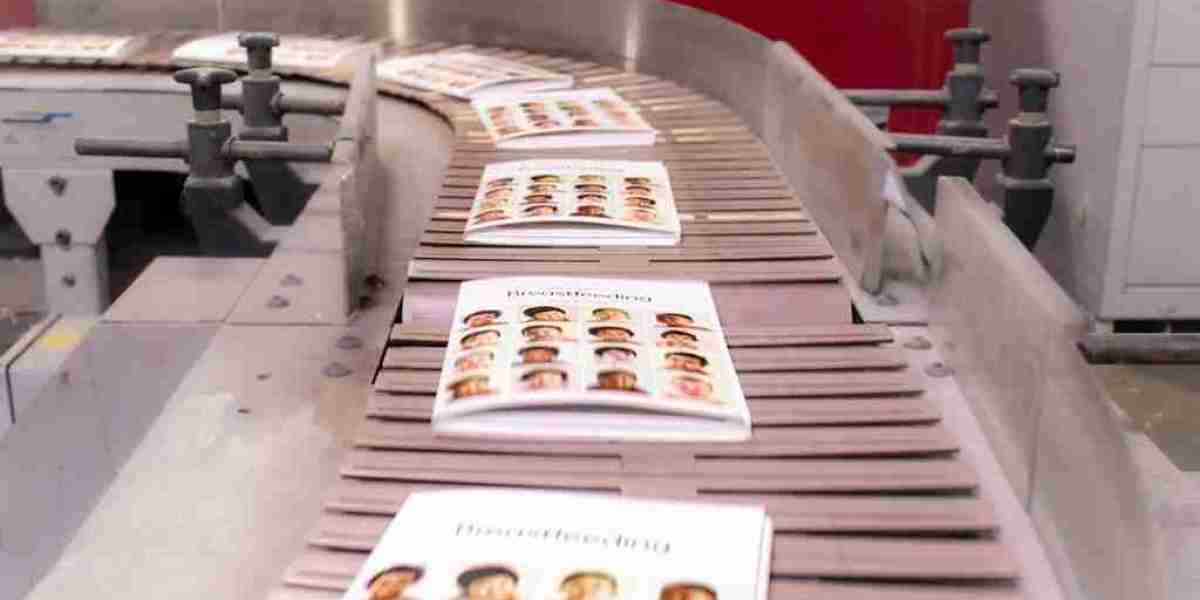Some people write and self-publish a book merely for the experience of becoming authors. But others have far greater ambitions. They may envision full-time careers as authors or want to boost their visibility to establish or promote a business. It matters for them to get it right with every detail, from editing to book printing. Each step in the process has a bearing on success and affects the outcome, from writing to the finished book. Gone are the days when self-published books are automatically stigmatized if they meet general quality standards. Holding yourself to that test is vital throughout.
Because writing books is considered an intellectual process, market research might not come to mind related to them. But writers highly focused on success often survey the competitive landscape (and reader interests/preferences) before starting on a book. Finding an open niche with sufficient reader interest gives your book a competitive head start. When you begin to ask stores and online booksellers to carry it, demonstrating its uniqueness will always help. The marketplace is overcrowded today even though book sales are strong and growing. So you want an open spot as your territory.
If you're a nonfiction author with multiple genre possibilities, you can pick one with significant chances of success – self-help, money and investing, travel and leisure, etc. Becoming a successful novelist might be the longest shot, but even writers taking that path can find ways to improve their chances. On the flip side, you want a book authentic to you, your knowledge, and your interests. You'll find your voice and flourish as an author when writing about something you enjoy and understand. There may also be a secondary benefit in your book, like promoting your business.
As mentioned earlier, how you print your book is an important consideration. Many first-time authors today try to print on demand. It's designed to remove some time and financial barriers from the process, but it comes with sacrifices. When you go with on-demand printing, you can only sell online and do it within the system of a more prominent bookseller. Giving up the chance to sell copies of your book in brick-and-mortar stores is significant. Undoubtedly, you bear more responsibility when you print copies in advance and invest in inventory. But it does allow you to be a more widely read and sold author.









